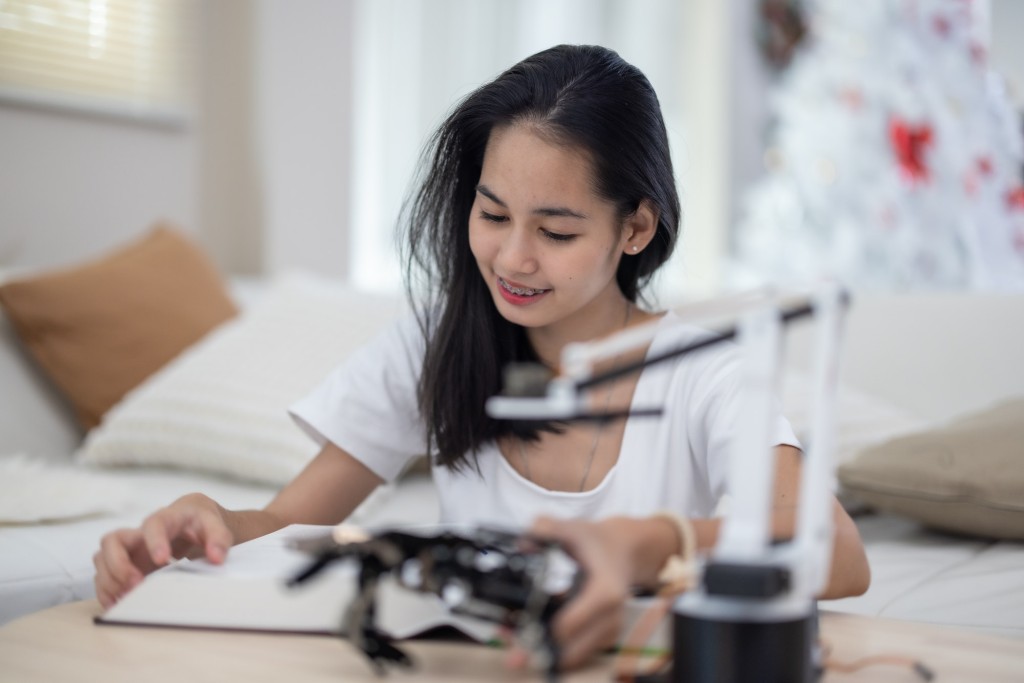
Knowledge is a powerful tool that allows individuals to navigate through various situations and make informed decisions. Whether it is acquired through education, personal experiences, or observation, knowledge provides us with the necessary understanding and skills to tackle specific scenarios effectively.
One area where applying knowledge is crucial is in problem-solving. When faced with a complex issue or challenge, having relevant knowledge enables us to analyze the situation from different angles and come up with viable solutions. For example, imagine a business facing declining sales due to changing market trends. By applying their knowledge of consumer behavior and market analysis, they can identify the underlying causes of the decline and develop strategies to adapt their products or services accordingly. Without this application of knowledge, businesses would struggle to survive in an ever-changing marketplace.
Furthermore, applying knowledge allows individuals to make well-informed decisions in their personal lives. From choosing a career path to making financial investments, having relevant information helps individuals weigh their options and make choices that align with their goals and values. For instance, someone interested in pursuing a career in medicine would need extensive knowledge about medical schools’ admission requirements, curriculum structure, and job prospects before making an informed decision about which school to attend.
Moreover, applying knowledge helps individuals understand and appreciate different perspectives in various social contexts. In today’s diverse world, having cultural awareness is essential for effective communication and collaboration across different communities. By acquiring knowledge about different cultures’ customs, traditions, and values, individuals can avoid misunderstandings or conflicts that may arise due to cultural differences.
Additionally, applying scientific knowledge plays a vital role in addressing global challenges such as climate change or public health crises like pandemics. Scientists use their expertise in fields such as environmental science or epidemiology to develop innovative solutions that mitigate these issues’ impact on society. For instance, during the COVID-19 pandemic, scientists applied their knowledge of virology and epidemiology to develop vaccines and implement public health measures that helped control the spread of the virus.
However, it is important to note that applying knowledge to specific scenarios requires critical thinking skills. Merely possessing knowledge is not enough; one must be able to analyze, evaluate, and synthesize information effectively. Critical thinking allows individuals to question assumptions, identify biases, and consider alternative perspectives when applying their knowledge. This skill is particularly crucial in today’s age of information overload, where misinformation can easily spread and influence decision-making processes.
Applying knowledge to specific scenarios is essential for problem-solving, decision-making, cultural understanding, and addressing global challenges. It empowers individuals with the ability to navigate through complex situations successfully. However, this application of knowledge must be accompanied by critical thinking skills to ensure informed decisions are made. As we continue to acquire knowledge throughout our lives, let us remember its power lies in its application – transforming it from a mere collection of facts into a tool for personal growth and societal progress.
